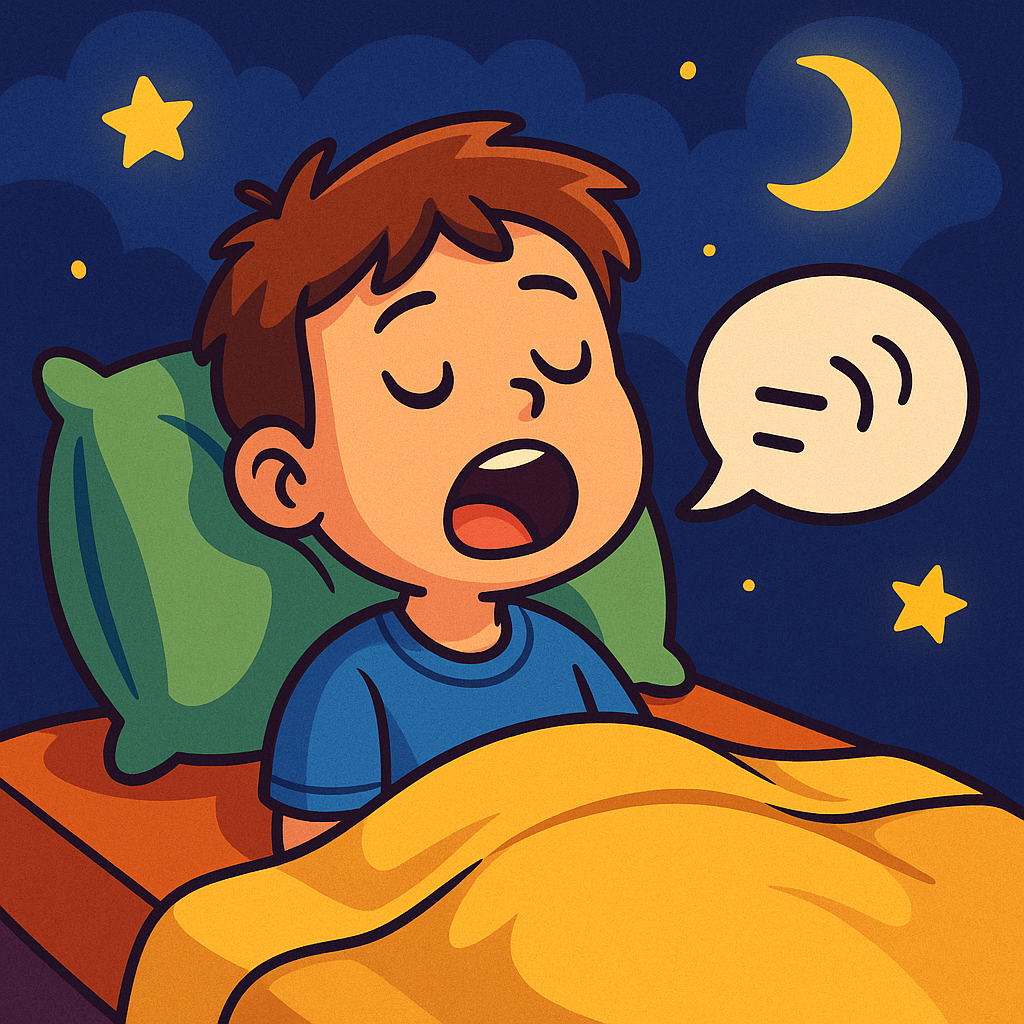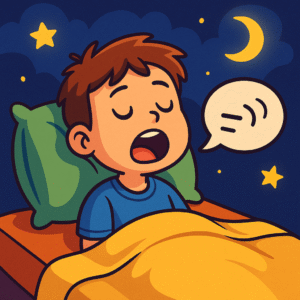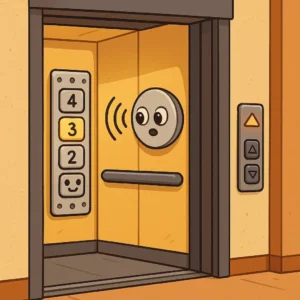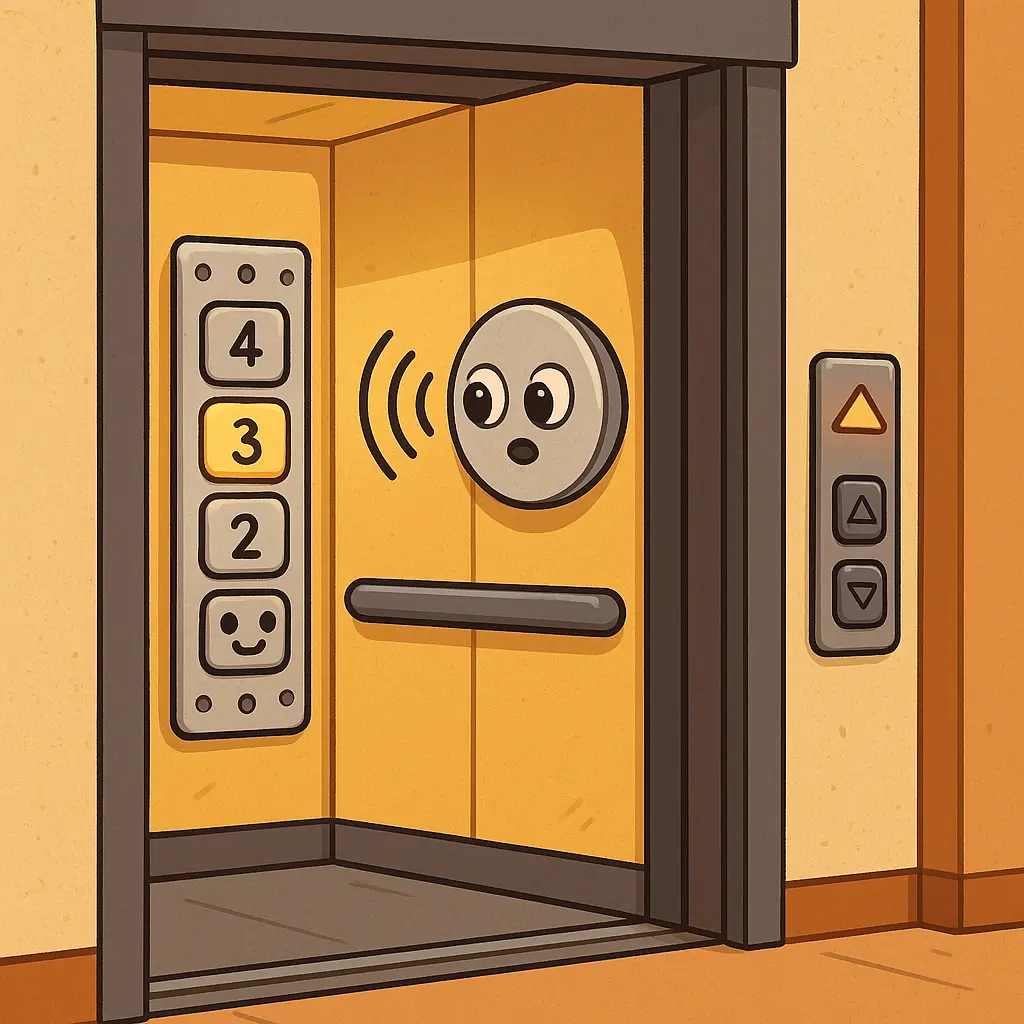Sleep talking happens during rest.
Sleep talking, also called somniloquy, is when a person speaks while asleep without knowing it. It can happen during any stage of sleep, but it’s most common during lighter stages. Sometimes it’s just a few mumbled words, and other times it might sound like complete sentences. Sleep talking can be caused by stress, lack of sleep, or even having a vivid dream.
Our brain is still active when we sleep.
Even when we’re asleep, parts of our brain stay active. If the areas that control speech “wake up” just a little, they can send signals to our mouth and vocal cords, causing us to talk. Usually, sleep talk doesn’t make much sense because the brain isn’t fully awake to form clear thoughts. Most of the time, it’s harmless and stops on its own.
New Insights on Sleep Talking from a Different Angle
Sleep talking isn’t just random; it may reflect how our brain is processing things we didn’t finish during the day. When you lie down at night, your brain works like a filing system, sorting memories, emotions, and worries. Sometimes, small parts of your speech center “wake up” just enough to send signals to your mouth. It’s like your brain whispers fragments of thoughts from the day, without fully waking up. This helps explain why the words may be jumbled or make no sense.
Worldwide Variations and Cultural Observations
Studies show that sleep talking appears everywhere, but its frequency can vary by culture and lifestyle. In Urumqi, China, researchers found that about 16% of preschool children experience sleep talking, similar to places like Korea, but lower than in Turkey or parts of mainland China. While we don’t yet have global adult data broken down, it’s clear that differences in family routines, education, and evening activities may influence it. In some cultures where children have early bedtimes or calm evening rituals, episodes seem less frequent.
When Sleep Talking Becomes a Clue to Other Issues
Although usually harmless, sleep talking can sometimes be a hint that something else is going on. Nearly two-thirds of people say they’ve talked in their sleep at some point in their lives, and around 17% did so in the past three months. If episodes are frequent, disturbing, or happen with other behaviors, like violent movements or acting out dreams, it may point to sleep-related conditions like REM sleep behavior disorder or sleep apnea. In such cases, tracking sleep with a sleep diary or seeing a specialist might be helpful.
FAQ
Q: Can sleep talking be understood?
A: Sometimes, but often the words are jumbled or don’t make sense.
Q: Do people remember talking in their sleep?
A: No, most people have no memory of it the next morning.
🧠 Conspiracy Theory
Sleep talkers are just secret agents sending coded messages to the dream world.
😅 Dad Joke
I tried to sleep talk, but I just kept snoozing my sentences.
Sources & Further Reading
Sleep Foundation – Sleep Talking
News Medical – Causes of Somniloquy
Cleveland Clinic – Talking in Your Sleep
Mass General Brigham – Why Do People Sleep Talk?









